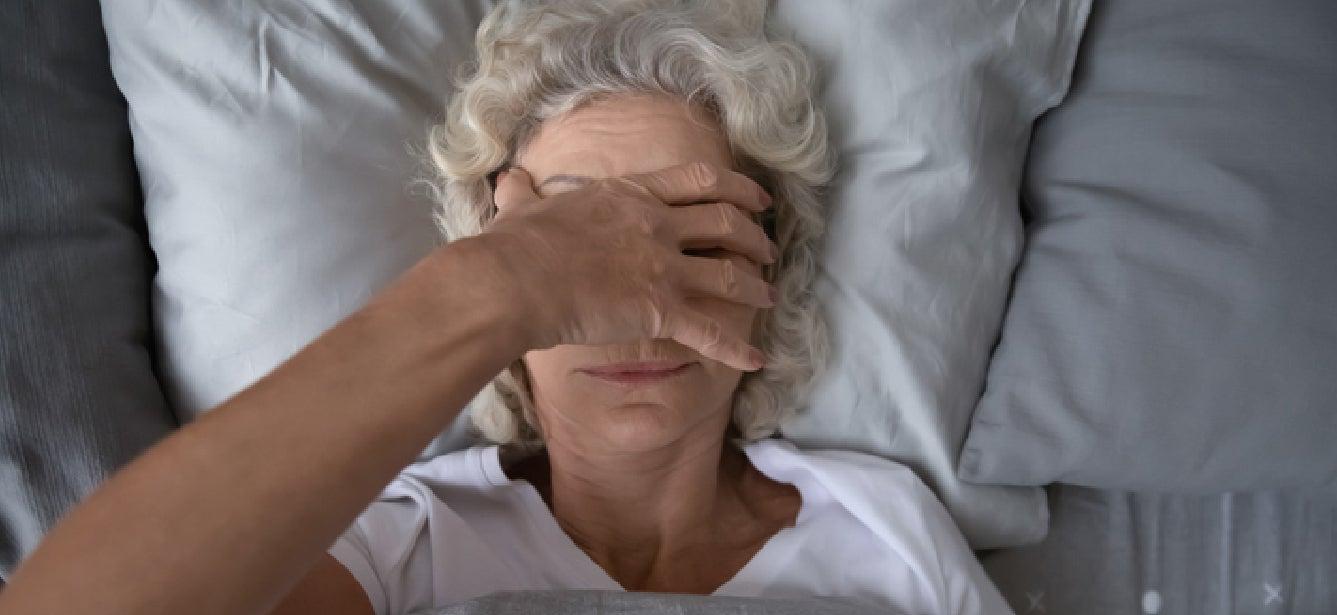
Alcohol use is common among seniors. Nearly half of older adults aged 65 and older report having consumed alcohol in the past year. They may have a drink at a social event or party, to enhance their mood, or as a means of coping with a difficult symptom such as insomnia. Some older adults even drink alcohol for perceived positive health effects.
Although drinking and alcohol problems are less common in older adults than younger people, alcohol use in older adulthood brings specific risks for seniors. As we age, changes to our body composition and ability to metabolize alcohol mean that alcohol affects older adults more profoundly when they drink. Some evidence even suggests that older drinkers are less aware of these effects, even as they are experiencing them.
Unhealthy drinking can lead to other problems over time, such as increased risk of falls, dangerous medication interactions, increased risk of cancer, and, in more severe cases, liver disease and early mortality.
The Dietary Guidelines for Americans provide recommendations on what the average American should eat and drink to promote health and prevent chronic disease. To help older adults minimize risk associated with drinking, the dietary guidelines state that older adults can choose not to drink or limit intakes to 2 drinks or less in a day for men and 1 drink or less in a day for women, when alcohol is consumed.
According to the National Institute on Alcohol Abuse and Alcoholism (NIAAA), certain older adults should avoid drinking alcohol completely, including those who:
- Plan to drive or operate machinery, or participate in activities that require skill, coordination, and alertness
- Take certain over-the-counter or prescription medications
- Have a medical condition that can be worsened by alcohol
- Are recovering from alcohol use disorder (AUD) or are unable to control the amount they drink
As we age, alcohol use can remain a part of a healthy lifestyle. Enjoying a drink with friends or family may contribute to healthy aging by fostering social connection and a sense of enjoyment. Nonetheless, unhealthy drinking can harm one’s health and well-being. Stay within guidelines and avoid using alcohol as a means of dealing with problems such as insomnia, depression or pain.
For more information about older adults and alcohol use, check out resources from NIAAA.


